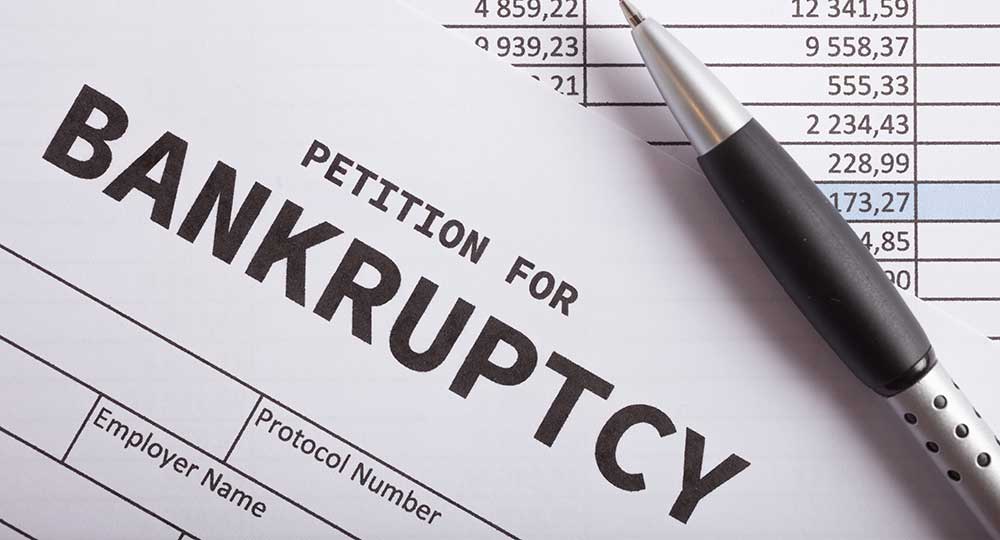A person who is declared bankrupt may end his bankruptcy either by way of discharge or annulment. An annulment refers to the termination of a Bankruptcy Order against a bankrupt as if he had never been declared bankrupt. On the other hand, a discharge from a bankruptcy order releases a bankrupt from all debts provable in bankruptcy except for debts due to the Government, State, and Attorney General in respect of bail bonds and any provable debts arising from fraud or fraudulent breach of trust.
1) Discharge by way of annulment
An annulment of the bankruptcy order is possible if a bankrupt can prove that the order should not have been granted or that debt has been fully settled. As required by Section 105 of the Insolvency Act 1967 (“the Act”), a notice of the order annulling a bankruptcy shall be gazetted and published in at least one local newspaper. Once an annulment order is granted, the effect is as if a bankruptcy order has never been made against the individual.
2) Discharge by Order of Court
If a bankrupt is not able to secure an annulment, they may be released from bankruptcy by way of discharge. Under Section 33(1) of the Act, an application for discharge to the court may be made at any time after the bankrupt has been adjudged as bankrupt.
How to apply for discharge?
A bankrupt who intends to apply for a discharge must first obtain from the Director General of Insolvency a certificate specifying the number of their creditors of whom the Director has notice irrespective of whether they have proved their debts.
After filing the application, the High Court will fix a date for a hearing, and the Director General of Insolvency will be served a notice informing about the hearing not less than 28 days before the hearing.
On the day of the application hearing, the court will investigate the Director’s report, which sets out the bankrupt’s conduct and affairs. In particular, a bankrupt’s behaviour during the bankruptcy proceedings shall be considered by the court as it decides on the application of the bankrupt to discharge himself from the bankruptcy.
Discretion of court
During the hearing, the court must consider several factors to determine whether the application should be granted. The court may consider the followings:
- Age of the bankrupt;
- Conduct of the bankrupt;
- The extent of debt settled; and
- Public interest
The court will not refuse an application for discharge on the ground that the creditors’ debts have not been paid. If the debts have been paid in full, the bankrupt may apply for annulment of the adjudication order.
In Re Ang Ah Kang, the bankrupt filed the application three years after being adjudicated as bankrupt. The court found that the principal debt had been settled and what remained owing was only the interest. It also found that the bankrupt had faithfully paid RM60 per month ordered by the Director General of Insolvency.
As the bankrupt was already 60 years old, the court accepted that he would probably no longer be able to engage in gainful employment. The court held that it was against public policy to chain a person to bankruptcy when it would not benefit anyone and granted the application, condemning the creditor regarding the balance of the proven debt.
Order of the court
After the hearing, the court may make any of the following orders:
- grant an absolute order of discharge;
- refuse an absolute order of discharge;
- grant the order but suspend its operation for a specified time; or
- grant a conditional order for a discharge
3) Discharge by Director General of Insolvency’s certificate
Instead of making an application to the court, a bankrupt may apply to the Director General of Insolvency for discharge. An application of such may only be made five years after the receiving and adjudication order date, as mentioned in Section 33A (2) of the Act.
Application for discharge
There is no statutory procedure laid down as to how a bankrupt may apply to the Director General of Insolvency for discharge. In the absence of any formal rules, it may be presumed that the application may be made informally. The bankrupt may meet the Director General of Insolvency at the Insolvency office and communicate his wish orally for discharge.
Discretion of Director General of Insolvency
Once an application is made to the Director General of Insolvency, if they decide to grant the application, they must serve a notice of their intention to issue the certificate of discharge in Form 51B on every creditor who has filed a proof of debt.
The Director has broad discretion in deciding on the application as the Act is silent on the factors to be considered. However, internal guidelines have been laid down as to how the application may be considered. These factors include:
- The cause of the bankruptcy – where the bankrupt’s fault brought about the bankruptcy, such as imprudent spending or gambling, the application will likely be dismissed
- the age or the health of the bankrupt – bankrupts who are more than 65 years of age or unhealthy are likely to be discharged
the assets of the bankrupt – the application may be allowed only if the assets of the bankrupt have been recovered for distribution - the conduct of the bankrupt – the Director General of Insolvency may consider whether the bankrupt has been cooperative in the proceedings and prompt in the payment as directed and whether he has committed any bankruptcy offences or contempt of court.
Notice of every discharge by the Director’s certificate shall be given to the court’s Registrar, and it shall be advertised in a local newspaper. The Director General of Insolvency shall, upon the application of any interested person, issue a copy of the certificate of discharge to the applicant upon payment of the prescribed fee.
4) Automatic discharge
Under Section 33C of the Act, a bankrupt may apply for an automatic discharge on the expiration of three years from the date of submission of the Statement of Affairs with certain conditions imposed.
Conclusion
It is recommended for anyone who has been declared bankrupt to seek a legal opinion from a lawyer to discharge themselves from bankruptcy as bankruptcy comes with many restrictions and limitations, such as limitations to travel overseas and regulations on employment.



